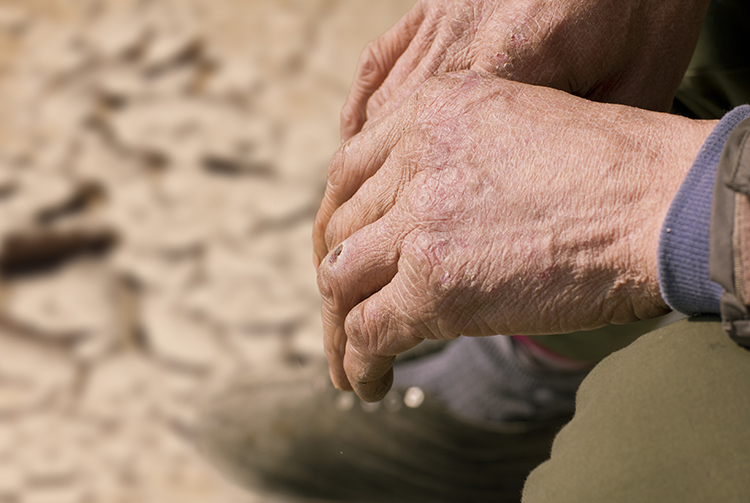
On this Labor Day holiday, people may be enjoying a day off from their job to relax and celebrate the unofficial closing of summer. But for many essential workers, that’s simply not possible. Between milkings, animal care, and harvest schedules, dairy farmers are near the top of that list.
As we know too well, a lack of time off is only one stressor affecting farmers across the country, and distress (bad stress) can have rippling effects through a farm family. Researchers at the University of Guelph even found a correlation — though not causation — between the mental health of farmers and the production and health of dairy cattle herds.
If there is bad stress, does that mean there’s good stress? Larry Tranel, a psychologist and dairy specialist for Iowa State Extension, reminds that there is. Perceiving stress as good can change our hormonal response and allow us to better rise to the challenges facing us. We can activate the portion of our brain responsible for higher reasoning instead of developing the hesitation, guilt, shame, fear, and other protective emotions that instinctively come from our “primitive mind,” he writes.
But first, Tranel acknowledges that there is a significant difference between good stress and distress. “Simply thinking positive about stress will not cause serious stress or distress to go away,” he says in his new publication, Managing Farm Stress and Distress.
Handling emotions
“Outsmarting” our primitive mind to better trust ourselves and deal with our stress, personality, and emotions is possible. “Keeping thought processes a step ahead of emotional processes is important for mitigating farm stress,” Tranel said. However, this requires conscious effort because emotions move quickly.
Being mindful of your day and its tasks is not always easy on a farm, but it can help mitigate negative emotions. This is a key element of happiness, according to Harvard Medical School. Tranel shared a few tips for moving toward more mindful emotions.
It might seem cheesy, but smiling and making an effort to approach tasks, places, and people in your life with a positive facial expression has repeatedly been shown to lead to more overall positive emotions. The same goes for laughter. Positive emotions tend to lead to a wide range of benefits, including more stable relationships and better social skills.
Also, focusing on your posture to literally stand tall not only makes you look more confident, but helps you feel more confident. Taking time to focus on the immediate action of breathing can ground and center you. Of course, these tools go hand in hand with taking care of and having respect for ourselves and realizing that our life’s value goes well beyond the farm.
Negative emotions are a normal function and not inherently a bad thing, Tranel notes. Still, mitigating these emotions is key to healthy function and avoiding distress. In addition to the actions above, stepping back and reinterpreting initial, potentially negative, responses to a situation is critical because the longer a negative perception is not dealt with, the deeper and more ingrained the emotion becomes.
Farm families go through lots of emotions each day, and handling them appropriately helps each individual as well as the group continue to thrive and move forward. For serious distress, be sure to reach out for appropriate help. For many stresses, we have more power over them than we may think or feel.








